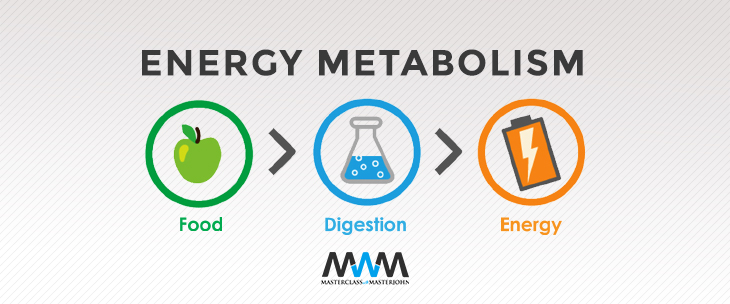Can fat fuel intensity in a competitive athlete? This lesson takes a critical look at the commonly cited evidence in favor of a neutral or beneficial effect of low-carbohydrate or ketogenic diets on sports performance, as well as key pieces of conflicting evidence. Bottom line? Fat can fuel duration, but probably can never fuel your …

